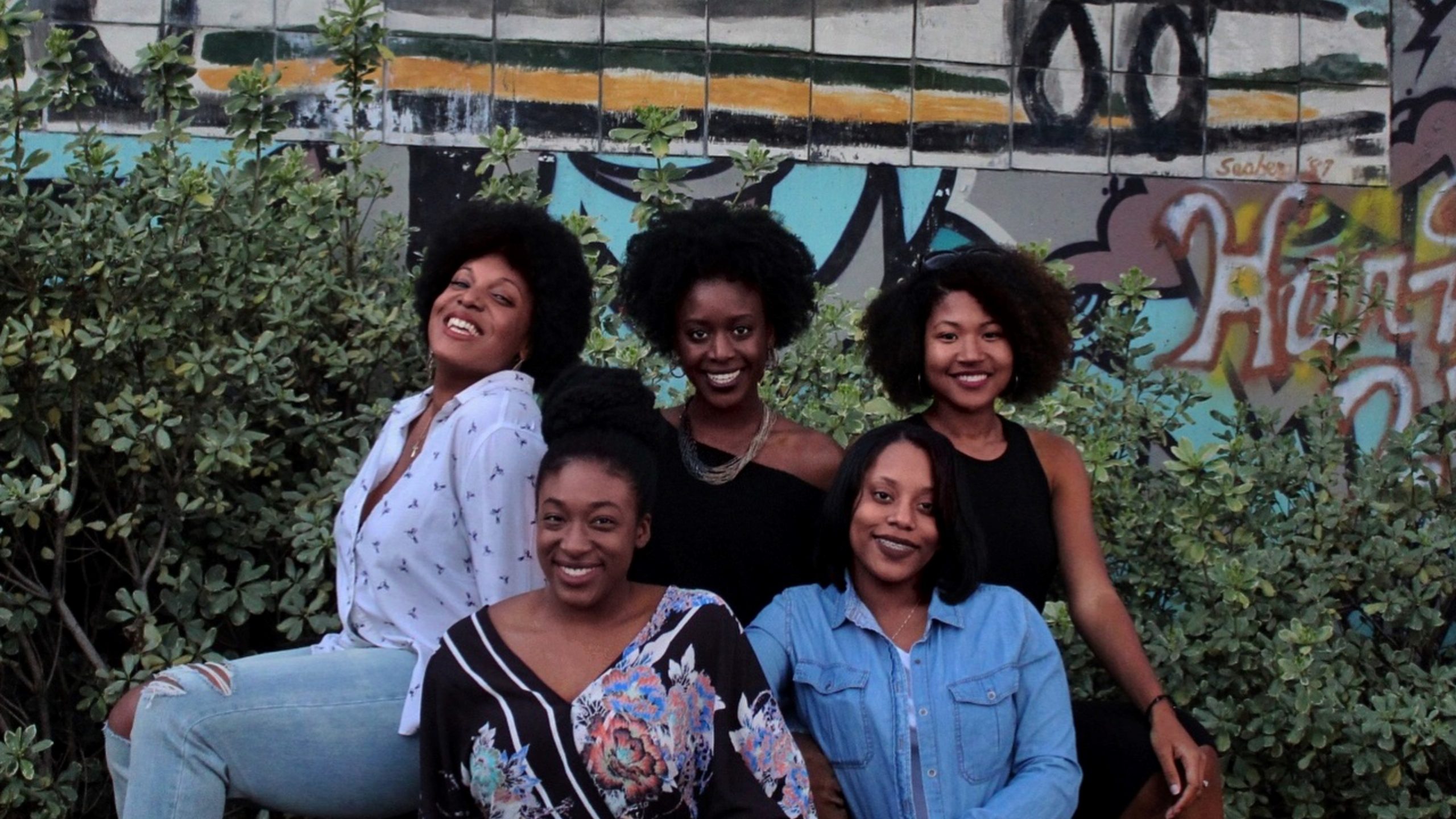
Photo by Leighann Blackwood on Unsplash
African American women: The key to the future of America

Rev. Dr. Debora Jackson
March 17, 2020
Author Paula Giddings was quoting Frances Hooks, a member of The National Coalition of 100 Black Women, when she said, “it is ‘Black women who hold the key to the future of America.’”[i] And in observance of Women’s History Month, this statement seems fitting. As history notes, women of African descent were brought to this country and enslaved within a generation. They survived more than 200 years of enslavement only to realize that emancipation meant relegation to the most menial and demeaning forms of labor. They suffered marginalization that left them trapped at the bottom of the socioeconomic ladder. Yet these experiences have served as the impetus for an upward climb. African American women learned that education was the means for advancement. Through oppression, they recognized the inclusivity of all as a requirement. Embracing unity, they realized that the target of their efforts had to be the community. And girded by faith, African American women looked to God for perseverance. These are the lessons that African American women have learned, and they are an indelible part of her being. If we would look to her, these lessons and ways of being would be instructive for our future as well.
African American women learned that education was the means for advancement. Through oppression, they recognized the inclusivity of all as a requirement. Embracing unity, they realized that the target of their efforts had to be the community. And girded by faith, African American women looked to God for perseverance.
These lessons are the key to America’s future – a key that African American women have recognized all along.
The Journal of Blacks in Higher Education asserts that African American women currently earn two-thirds of all African American bachelor’s degree awards, 70 percent of all master’s degrees, and more than 60 percent of all doctorates.[ii] Such statistics demonstrate that African American women value education. However, in addition to academic achievement, African American women learned to amass information and process it for constructive ends long before they were welcomed into the classroom. For example, Harriet Tubman learned to determine her directional route by understanding that moss grew on the north side of trees. She knew that it was necessary to learn from one’s environment, to listen and observe. Tubman and others like her understood the wisdom that can be gleaned from the experiences of others. We are so busy in our society pressing for our own way with heads bent toward what we want. But such a posture closes us off to what we might learn if we would only take the time.
That ability to learn, through formal and informal means, led African American women to champion inclusivity. When we understand someone’s story, value their experiences, and include perspectives that may be different than ours, we realize better outcomes. African American women have known this for years and thankfully, our organizations and corporations are finally embracing the lesson. “Overwhelming evidence suggests that teams that include different kinds of thinkers outperform homogeneous groups on complex tasks, including improved problem solving, increased innovation, and more-accurate predictions—all of which lead to better performance and results when a diverse team is tasked to approach a given problem.”[iii] Everyone needs to have a seat at the table if we hope to solve the challenges that confront us. This is true now more than ever in our polarized, political environment. Polarization makes us weak, but our diversity can make us strong.
And that strength is realized when we direct it for the good of all. John F. Kennedy was noted for saying that a rising tide lifts all boats—the idea that general prosperity was good for everyone. African American women recognized this as they engaged in efforts that would serve to benefit all. For example, Mary Church Terrell lobbied to ensure equal pay for equal work, a forty-four-hour work week, social insurance, maternity benefits, and job training in 1919.[iv] African American women were advocating for economic equality and protection in the workplace ninety years before the United States government enacted legislation to provide such guarantees.[v]
But it is a continuing faith in God that sustains and enables African American women to persevere. African American women are truly the most religiously observant group in the United States with 83 percent classified as highly religious, meaning that religion is very important to them; they attend religious services at least once a week, pray at least once a day, and believe in God with absolute certainty.[vi] It is that deeply-rooted sense of faith that has allowed African American women to recognize God as on their side in times of difficulty and hardship. It is the belief that God will make ways out of no way by lowering mountains, exalting valleys, and converting barren places into verdant paths. Such beliefs have kept African American women moving persistently onward.
While each is important, the beauty of these lessons lie in their connectedness. As we learn of God and come to faith in Jesus Christ, not only are we empowered to withstand, but also, we recognize our obligation to others. Loving humanity, which is our God-mandated obligation, means that we will endeavor to lift all people even as we are lifted. It means that we will include one other so that all voices are heard and valued. Viewed as the connected whole, the lessons reinforce that we are better together. This realization is the key to our future. It is a key that African American women have recognized all along.
The Rev. Dr. Debora Jackson is the Director of Operations for All Girls Allowed, a faith-based, non-profit that restores life, value, and dignity by sharing the gospel of Jesus Christ, building schools, churches, and women’s centers, and mobilizing churches and partners for global impact. She was previously the Director of Lifelong Learning at Yale Divinity School. Her newly released book “Meant for Good: Fundamentals of Womanist Leadership,” is available through Judson Press.
The views expressed are those of the author and not necessarily those of American Baptist Home Mission Societies.
[i] Paula Giddings, When and Where I Enter: The Impact of Black Women on Race and Sex in America, (New York, NY: Harper Collins, 1984), 357.
[ii] Journal of Blacks in Higher Education, “Black Women Students Far Outnumber Black Men at Nation’s Highest-Ranking Universities,” https://www.jbhe.com/news_views/51_gendergap_universities.html, Accessed February 11, 2020.
[iii] Talia H. Swartz, Ann-Gel S. Palermo, Sandra K. Masur, and Judith A. Aberg, “The Science and Value of Diversity: Closing the Gaps in Our Understanding of Inclusion and Diversity” The Journal of Infectious Diseases 2019; 220(S2):S33–41, S33.
[iv] Giddings, 154.
[v] The Lilly Ledbetter Fair Pay Act was signed into law by President Barack Obama on January 29, 2009.
[vi] Debora Jackson, Meant for Good: Fundamentals of Womanist Leadership, (Valley Forge, PA: Judson Press, 2019), 51.


